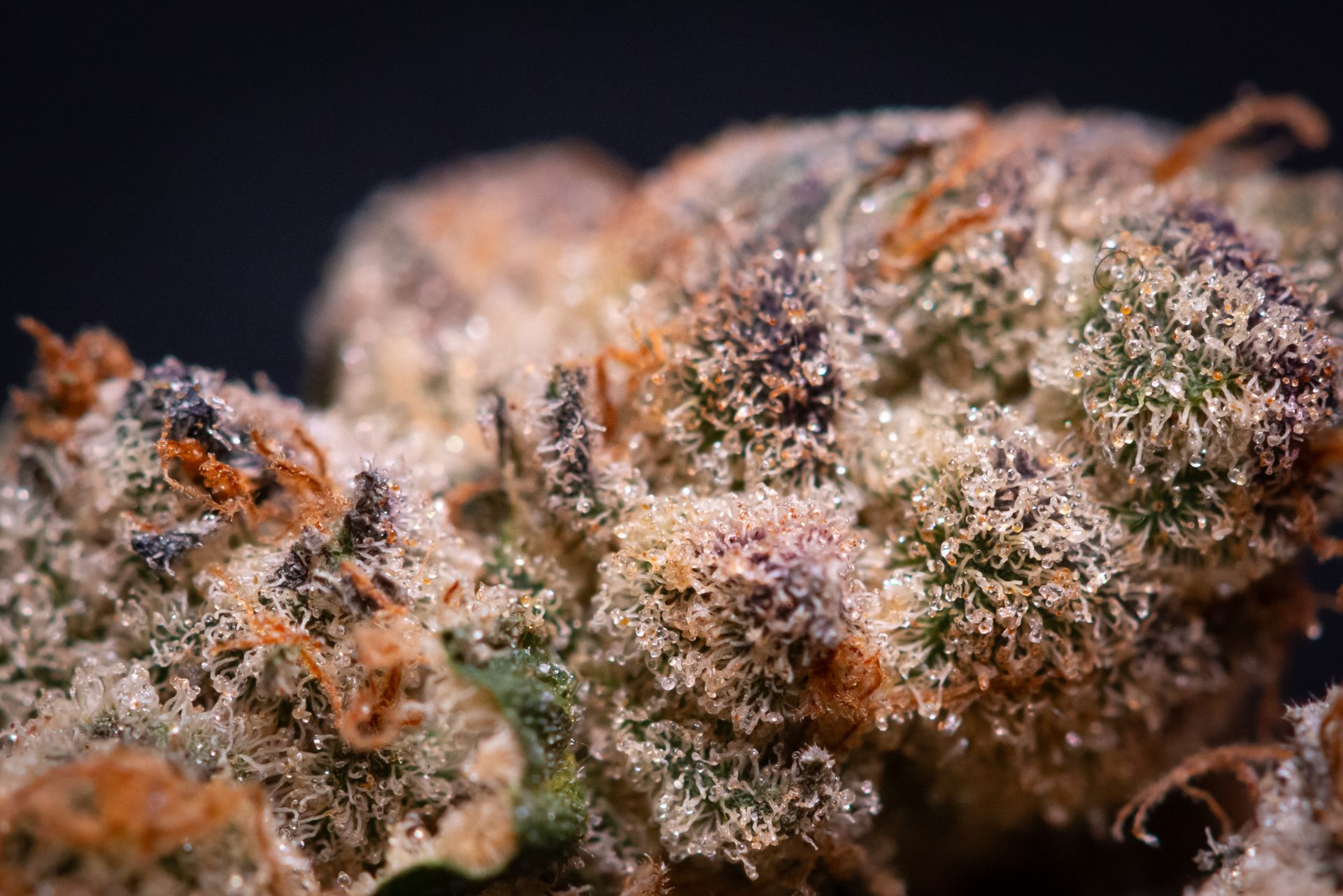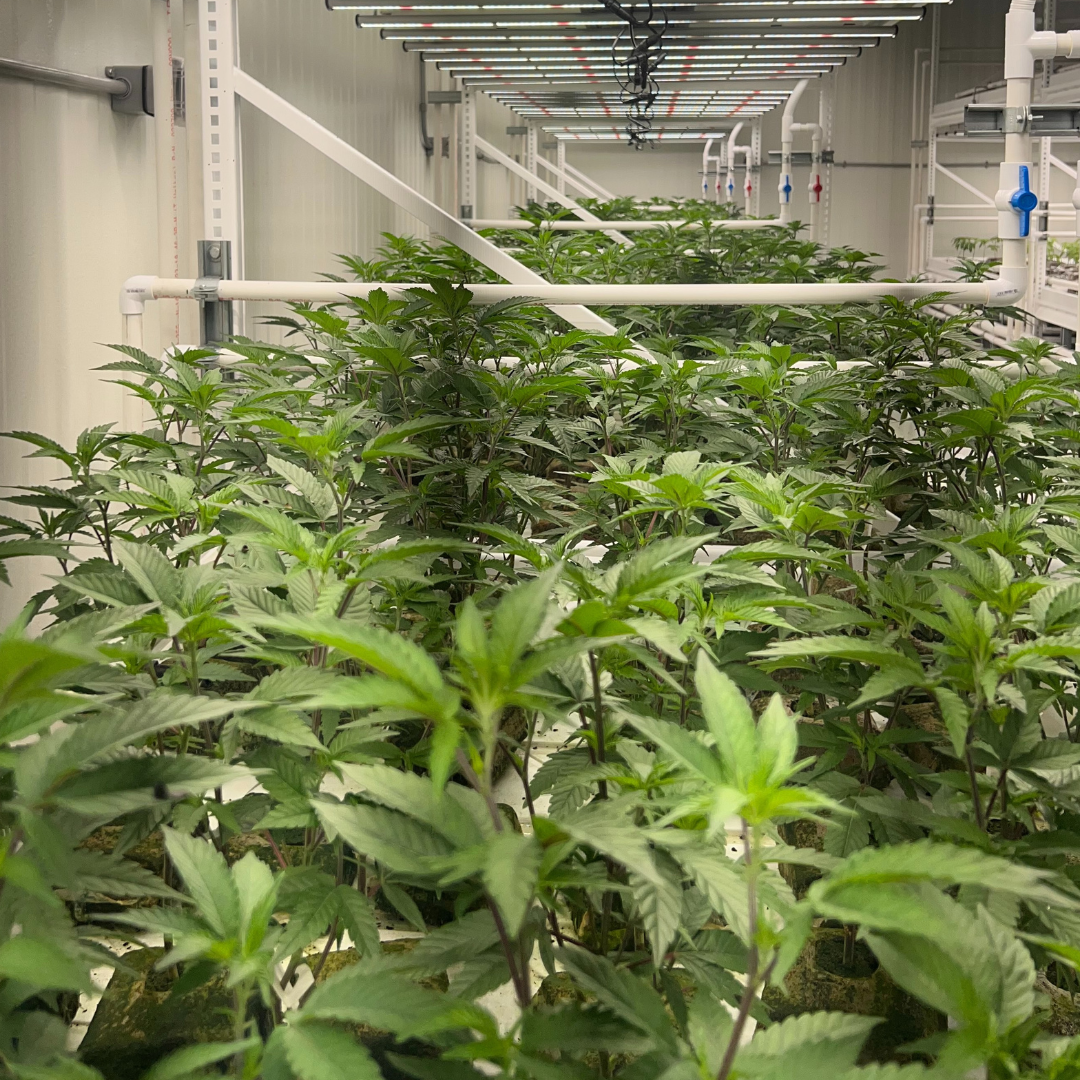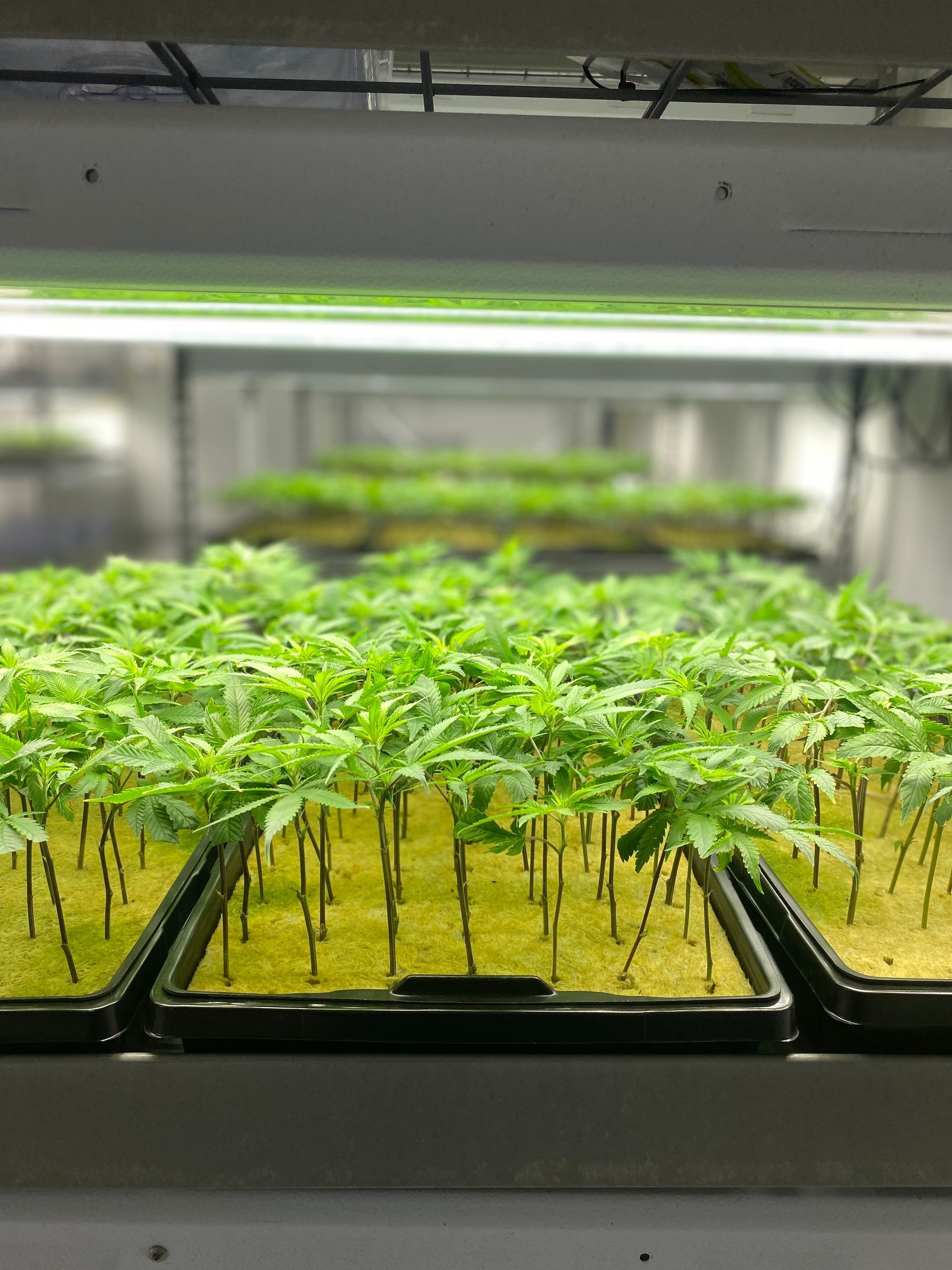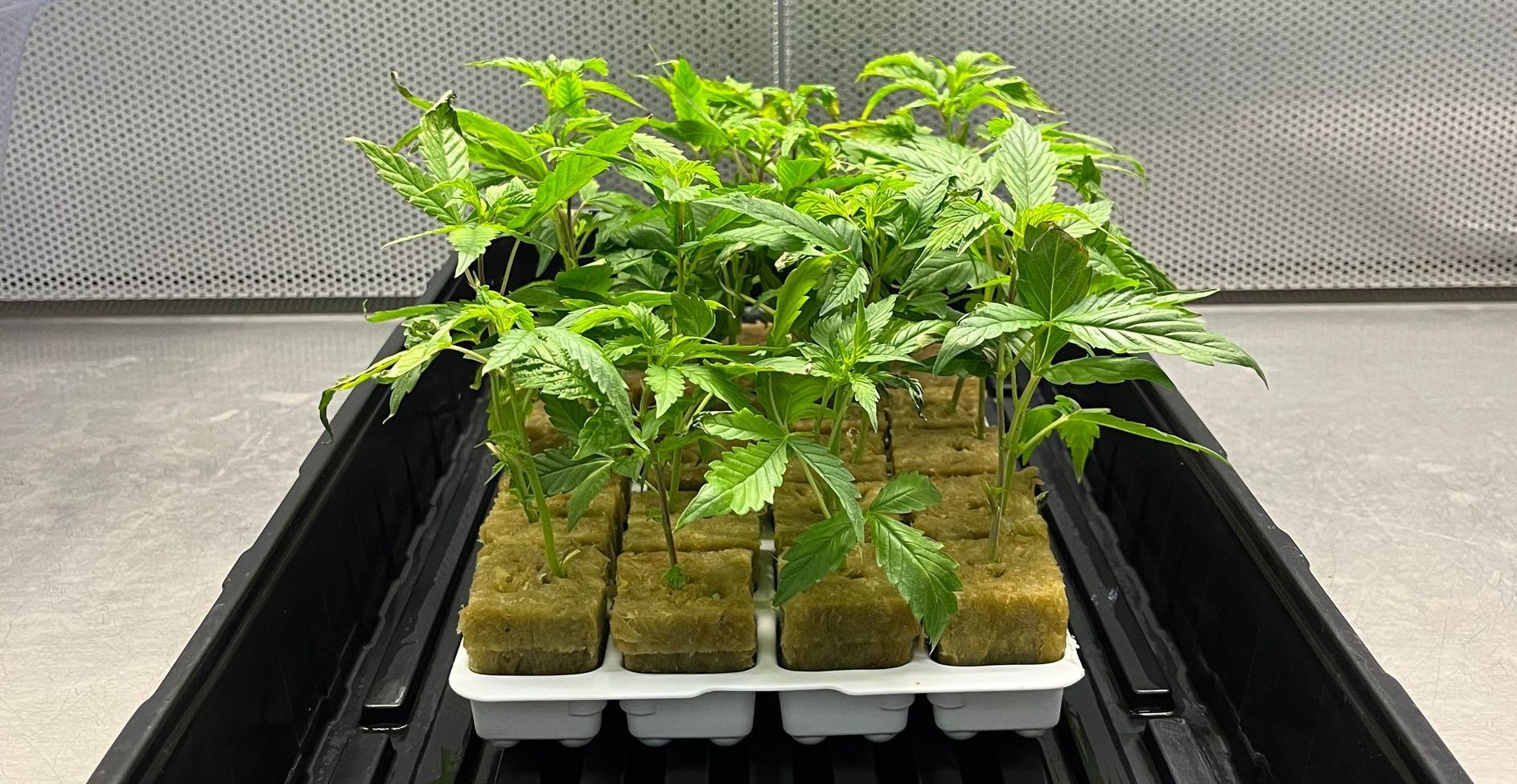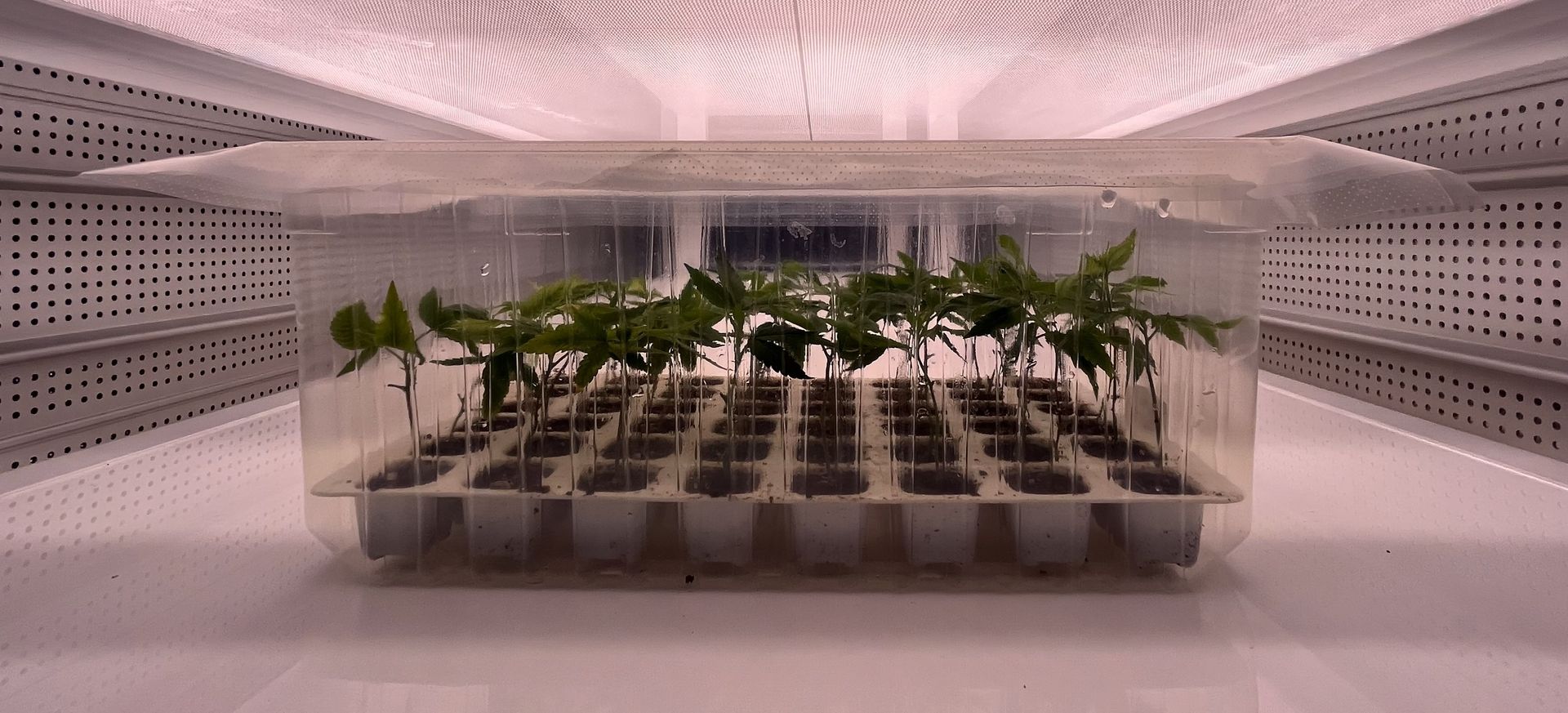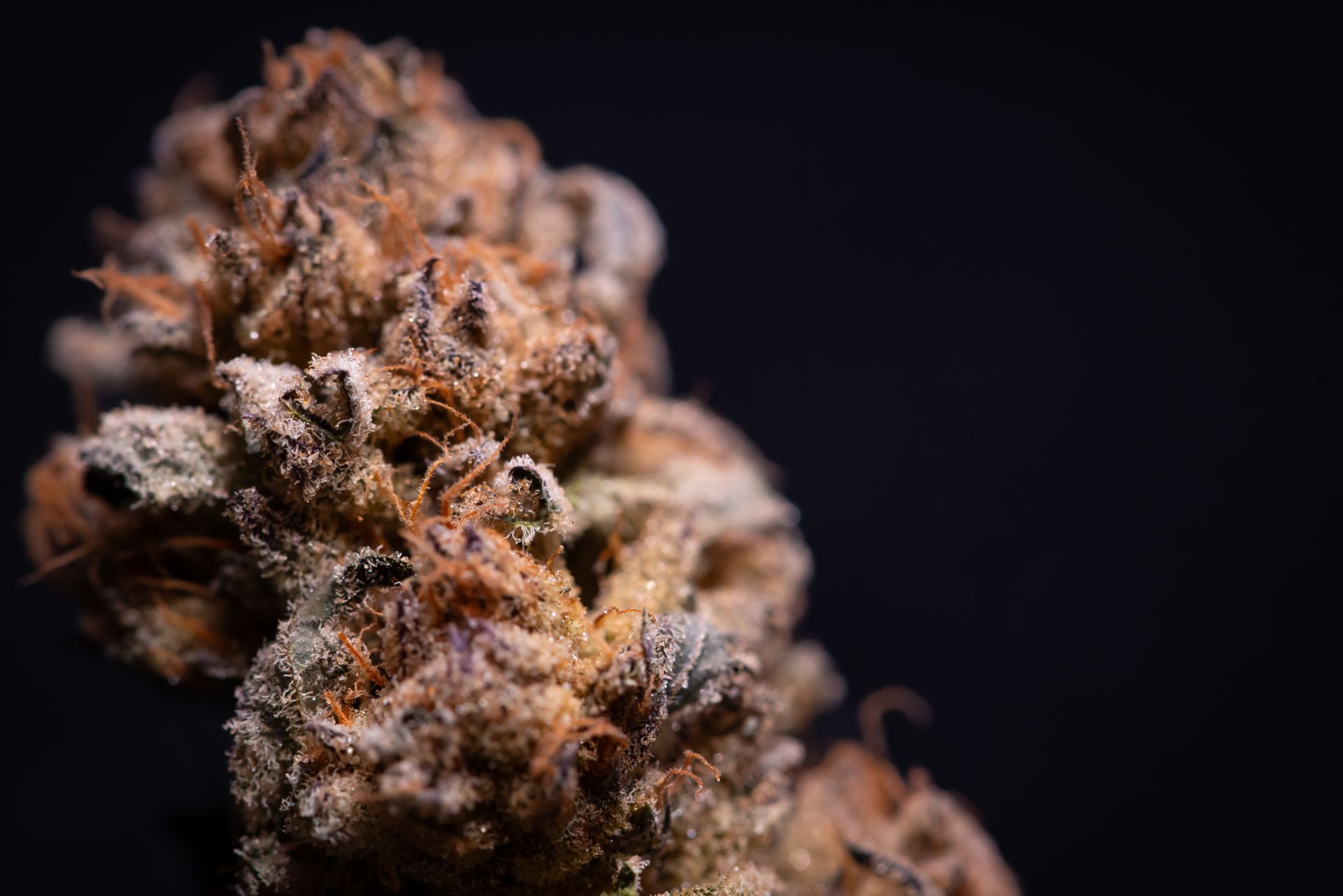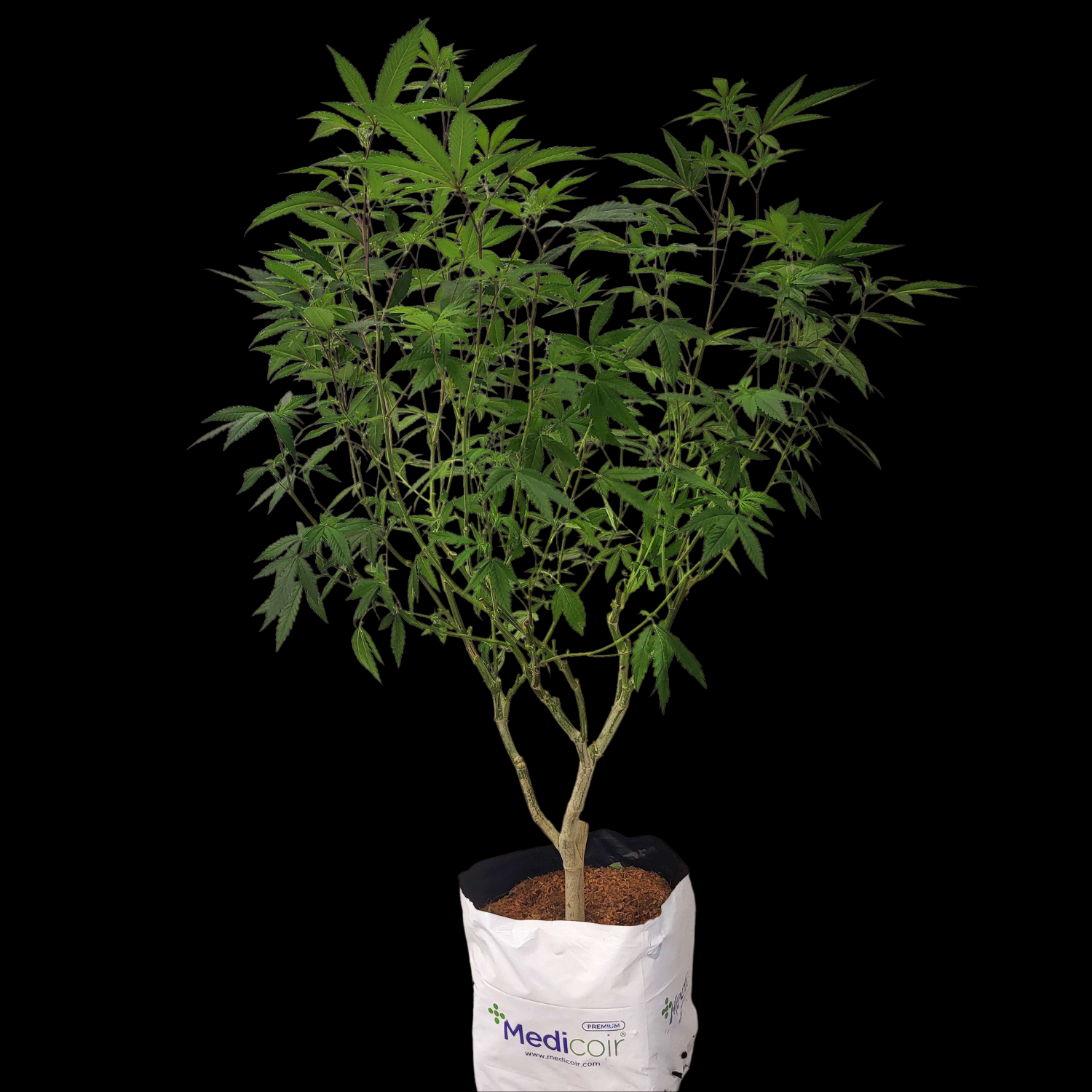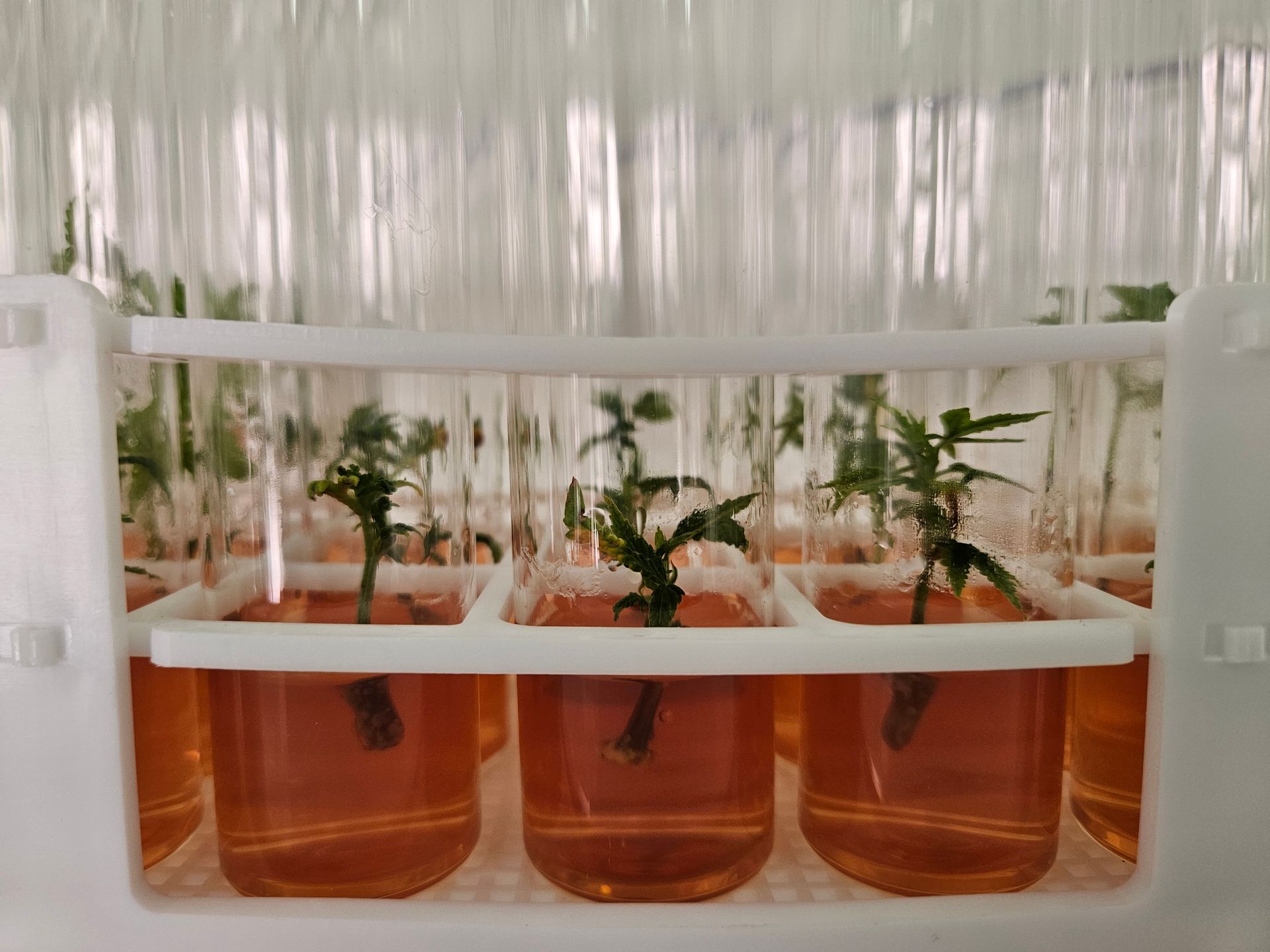Cannabis Genomics: A Global Effort
A lot is being said these days about cannabis genetics and genome sequencing in the cannabis industry.
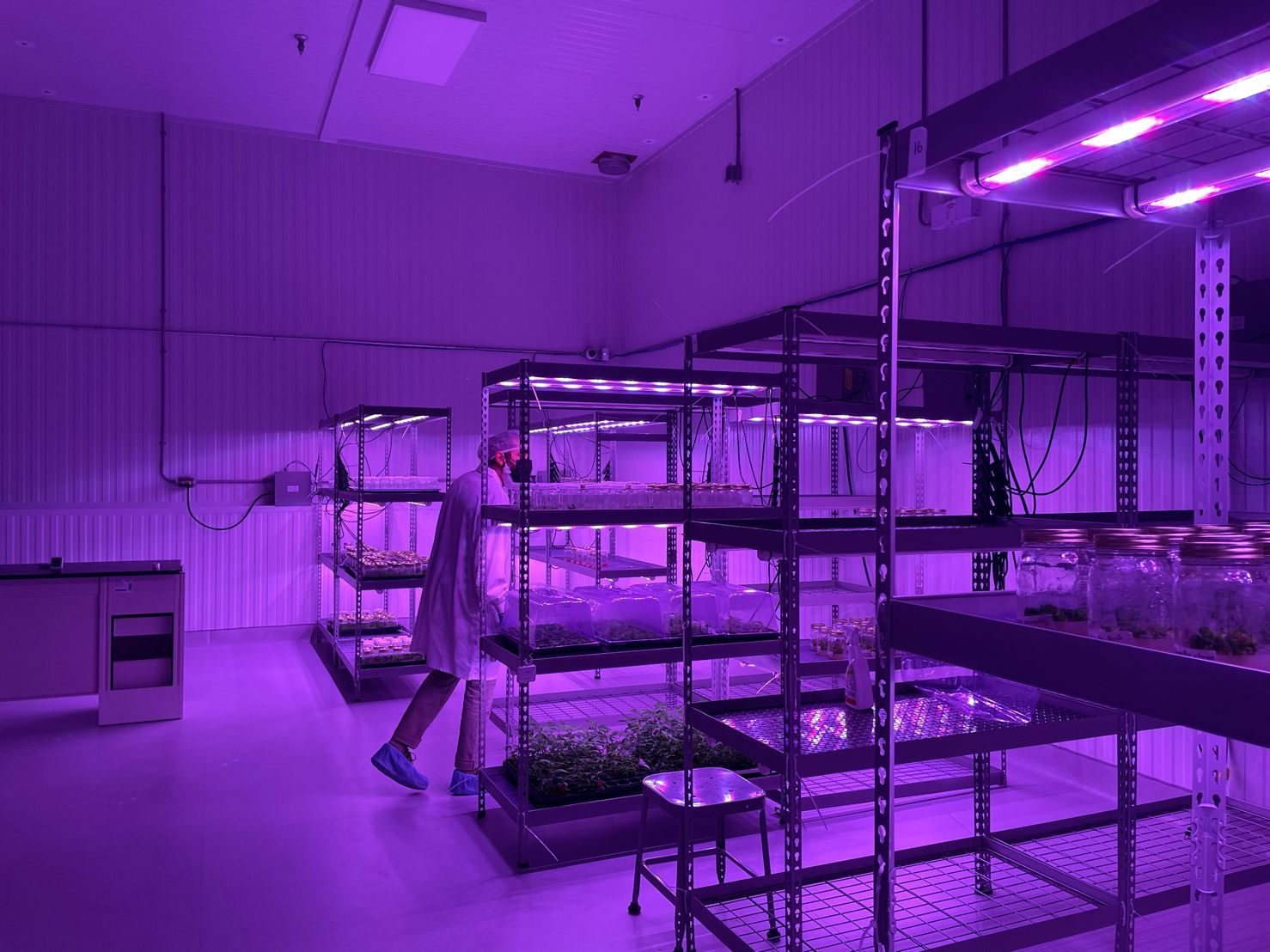
If you’re a licensed producer, perhaps you’ve had an offer from a company who’s willing to sequence your in-house strains for a very low cost or even free?! Just remember the old adage, “If it sounds too good to be true, then it is most likely too good to be true.”
Before we delve into cannabis genomics and talk about what that means, let’s talk about crops in general. Everything we eat, or anything that grows for that matter, must become commercialized so that it can be grown by farmers and sold to people on a large scale. Food crops need to become industrialized so that growing cycles are easier to control and predict, which makes production and harvest easier to plan, and sales consistent with demand. Plants vary genetically in geography and through time, and thus the development of agricultural methods to ensure quality and stability of crops is closely associated with the evolution of humanity, not to mention an important component of future food security. Commercialization is a way to create crops and plants that industries, farmers, and consumers can consistently rely upon.
Because cannabis has been an illegal substance and has never had an opportunity to join a commercial industry until 2018, we do not have anything resembling a commercialized crop here in Canada, or anywhere else in the world. This represents a huge opportunity for the global industry, but also a significant amount of work for scientists who are now applying modern DNA-based breeding methods to industrialize cannabis in the same way that all major crops are commercialized throughout the world.
Modern breeding programs rely upon (1) natural genetic and phenotypic diversity in a crop of interest and its wild relatives, and (2) enormous advances in DNA sequencing technologies which enable genome sequencing of this diversity. For cannabis,
“sequencing the genome” means analyzing as many genomes from as many cultivars as possible to correlate genetic variability with favourable traits (e.g. agricultural and biochemical properties). Breeders throughout the world have grown and named plants for decades, but this doesn’t mean that there are hundreds of thousands of distinct species. We already know that the terms Sativa and Indica are very loosely correlated with potency or effect, and are rather reflective of phenotypic variability of the plant and traits which get secondarily selected for when breeders develop new cultivars. As with other plant species, combining well-designed genome sequencing experiments with deep statistical analyses can lead to rapid and significant improvements in classifying and selecting material (e.g. identify and protect a particular cultivar) for the stabilization of important traits. That’s the beauty of genomic sequencing. Science will determine the outcome.
Sequencing the cannabis genome, including understanding genetic variability within the species and its close relatives (e.g. hops) for future “molecular breeding” efforts, is an expensive, time consuming and challenging process that can only be done in strong industry-academic partnerships on both the regional and global levels. It doesn’t happen in one lab in Canada, one lab in California, or in a single North American company. It happens in many labs in many universities and companies all around the world, and will continue for years.
At Klonetics we take this work very seriously and understand the importance of scientific collaboration. We embody a broad global-citizen academic approach to this work. We partner with The University of Saskatchewan, the University of British Columbia, and organizations like MITACS, to tap into the experience of scientific leaders working with medicinal plants, while collaborating with other academics worldwide. Fortunately, Klonetics is very lucky to have a homegrown team of scientists who have a strong genomics background with other crops and who understand the challenges in cannabis, particularly Ascertainment Bias, which plagues genomics analyses of any species.
Klonetics is currently working on a cannabis genetic diversity project with UBCO under the Mitacs accelerate program to rapidly infer the functional properties from its cannabis genetic catalog. Klonetics has amassed a unique collection of cannabis genetics, many of which are unlikely to be represented in public databases, which include landraces, pre-eradication archetypes, and unreleased cultivars from diverse breeders. This project would systematically characterize cannabis genetic resources, in terms of their inter-relationships and potential to produce useful phytochemicals, and will build research capacity for future genetic studies by developing novel methods for rapid genotyping and classification of cannabis accessions. The outcome of this project will also contribute to the basic knowledge about the domestication and diversity of cannabis germplasm.
A private cannabis company can absolutely analyze strains, compare them against others in their own data set, educate consumers about terpenes and even help licensed producers understand their own cultivars better. But what they can’t do, is commercialize cannabis as a crop. That is the job of many hands, all working together for the greater good of science and progress, and is something we are proud to have a hand in.



